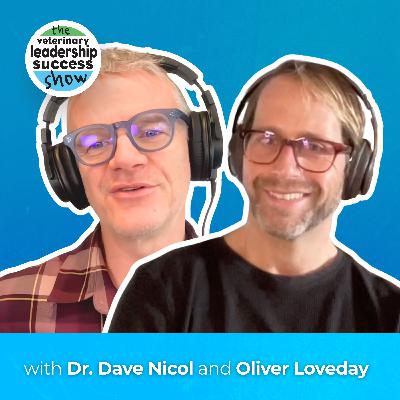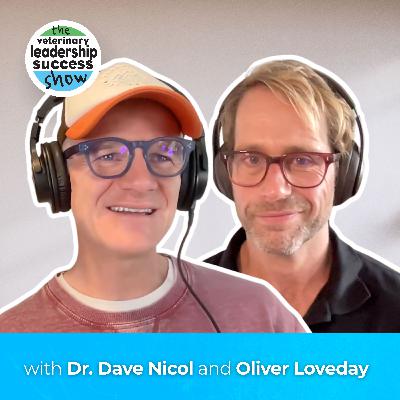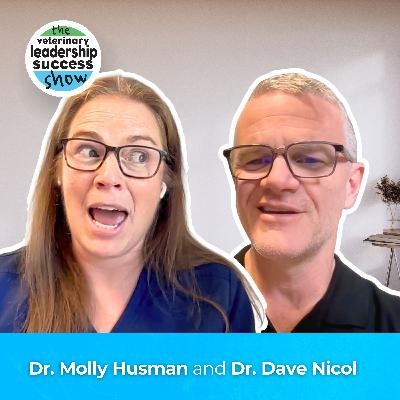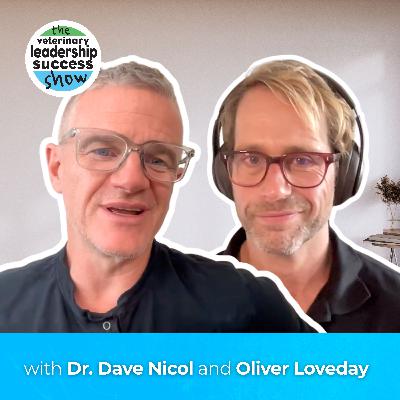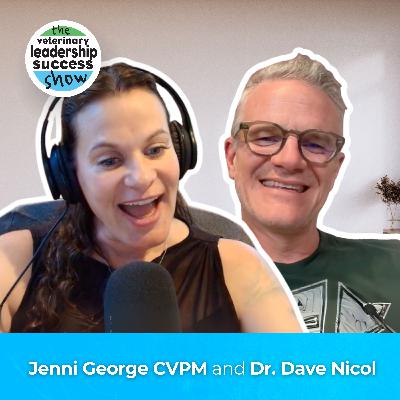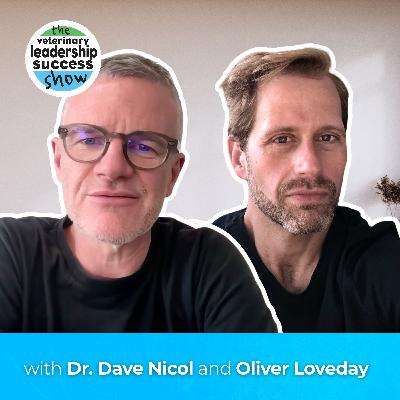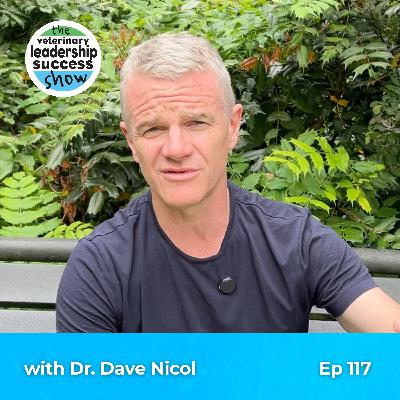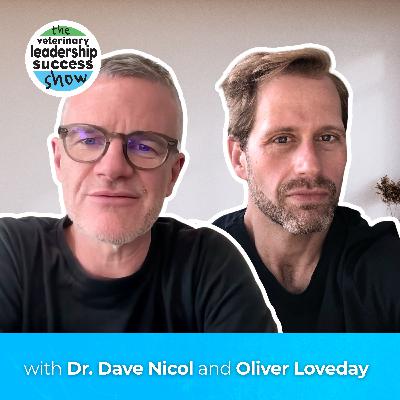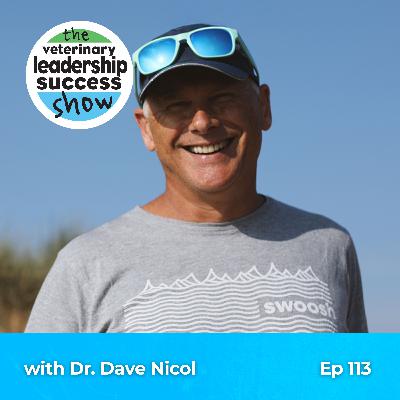Ep 92: Navigating Low Energy States as a Leader
Update: 2024-02-14
Description
Episode Description
In this episode of the Veterinary Leadership Success Show, Dr. Dave Nicol discusses navigating low energy states as a veterinary leader.
Strategies for maintaining energy are crucial for leaders, as their energy not only affects their own well-being but also transfers to their team. In the podcast episode, several strategies were discussed:
- Self-awareness: Being aware of one's energy levels and recognizing the cyclical nature of energy is important. Understanding that there are highs and lows in energy throughout the year allows leaders to calibrate their energy levels accordingly. For example, during winter when the days are shorter and the weather is gloomy, it is natural to experience lower energy levels. By acknowledging this, leaders can adjust their expectations and take steps to replenish their energy.
- Rest and recovery: Rest is essential for maintaining energy levels. Just as athletes need rest days to improve their performance, leaders also need regular breaks to recharge. This can include taking a day off each week, going on vacation, or simply finding moments of rest throughout the day. Resting allows for adaptation and response to the demands of leadership, preventing burnout and exhaustion.
- Taking action on challenges: Addressing challenges and resolving them is crucial for maintaining energy. Leaders should not let negative or stressful situations fester but instead take proactive steps to tackle them. This may involve seeking help from outside sources, addressing conflicts, or implementing changes to improve the situation. By addressing challenges head-on, leaders can reduce stress and prevent the depletion of energy.
- Applying the 80-20 rule: The 80-20 rule, also known as the Pareto Principle, suggests that 80% of the effects come from 20% of the causes. By identifying the smaller issues that are causing the most significant problems, leaders can prioritize their actions and focus on the most impactful tasks. This approach allows leaders to address the root causes of energy depletion and make efficient use of their time and resources.
- Finding sources of inspiration: Surrounding oneself with positive and inspiring influences can help maintain energy levels. Leaders can seek inspiration from various sources, such as YouTube videos, podcasts, or books. Engaging with content that aligns with their interests and goals can provide a fresh perspective and reinvigorate their energy. It is important to be selective and choose sources of inspiration that uplift and motivate rather than drain energy.
In summary, maintaining energy as a leader requires self-awareness, rest and recovery, taking action on challenges, and finding sources of inspiration. By implementing these strategies, leaders can sustain their energy levels and create a positive and energized environment for themselves and their teams.
Episode Outline
- [00:01:06 ] Energy and its impact.
- [00:05:23 ] Low energy moments in leadership.
- [00:08:00 ] Cyclical nature of energy.
- [00:11:40 ] Depleting and replenishing energy.
- [00:15:57 ] Tackling toxic teammates.
- [00:19 :31-00:19:42 ] Rest and sources of inspiration.
Quotes
- "Energy is so, so important to leaders."
- "meh, no, that's not important. Don't listen to that clown. He doesn't really care. Doesn't really know. Doesn't know you. That's boring. You're good.”
- "Our energy as a parent transfers to our children. Our energy as a leader transfers to our teams."
- "Rest is where a lot of the gains are made. When you're doing something and you're just doing too much of it, make sure you're resting."
- "One person can wreck a culture. You address that issue with that person either by coaching them up or coaching them out and the culture changes overnight and suddenly everyone"
- "sometimes all you've got to do is make decisions and just make a decision one way or the other and then move forward past the stress and applying logic to that decision you've made."
Comments
In Channel


